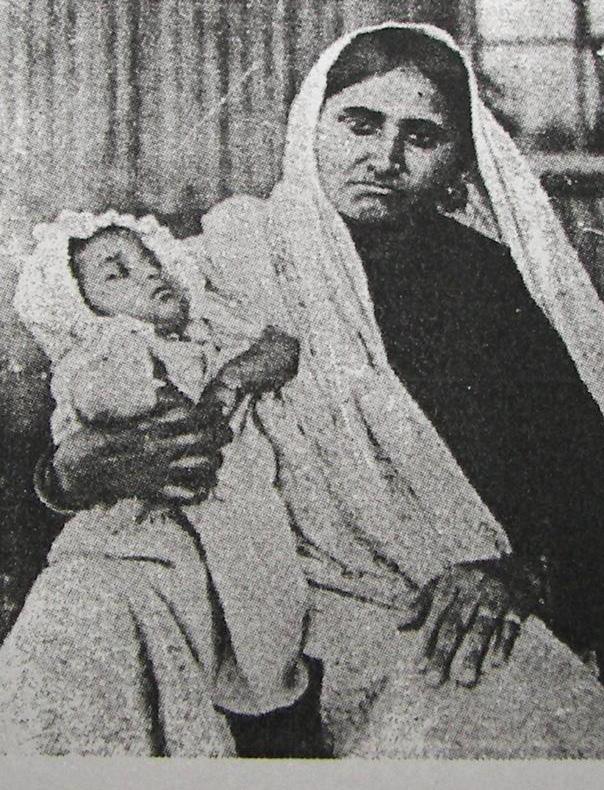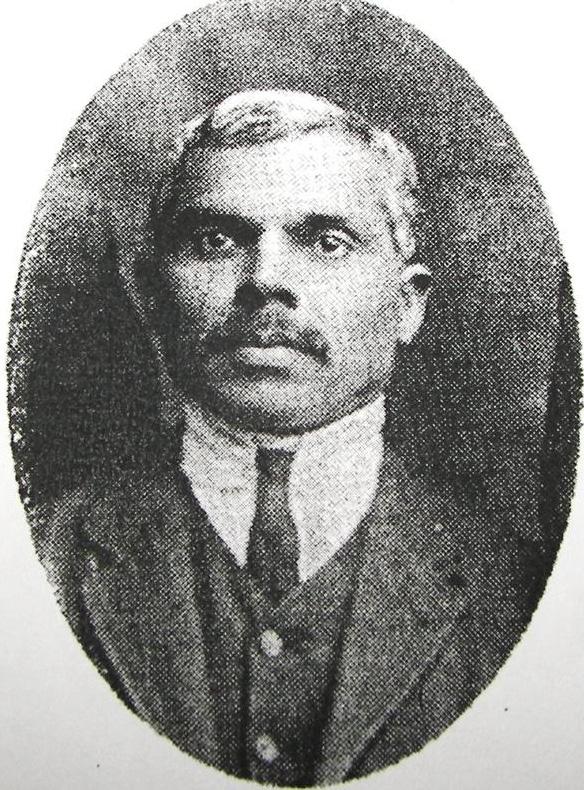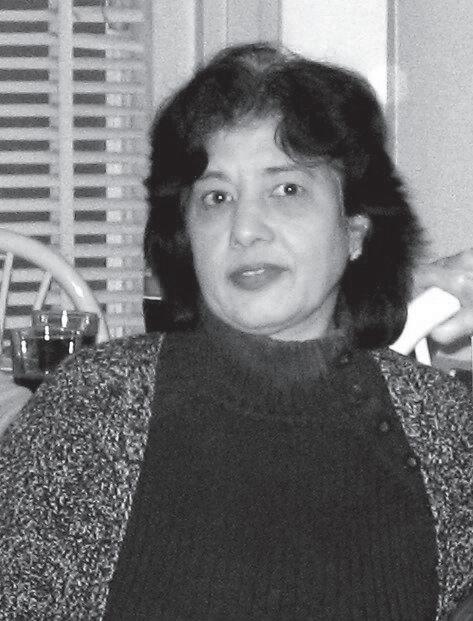
3 minute read
A moment in history
from 2010-02 Sydney (1)
by Indian Link
Mr Sodha recounts how his grandparents Ratanshi Mulji Sodha and Rambhabai R Sodha secured a place for themselves in South Africa’s Gandhian history.
It was December 30, 1910 and Mrs Rambhabai R Sodha stood in ‘B’ court, Johannesburg. The lawyer defending her was none other than the much revered Mohandas Karamchand Gandhi. The Gandhian Satyagraha in South Africa was fighting for immigrant rights, workers’ and women’s rights. Her husband Mr Ratanshi Mulji Sodha joined the movement, and was imprisoned under the Registration Act.
Mrs Ramabai R.Sodha and her three children were still in Natal, their shop was broken into and they lost all their property.
Mrs Sodha was prone to illness, just like her youngest child and they found it hard to live on their own without the man of the house.
Gandhiji brought Mrs.Sodha to Transvaal to live at Tolstoy Farm with the families of other Satyagrahis, so that they could be better cared for. But she was declared a prohibited immigrant because she could not speak or write in English. She was lucky to have Mr Gandhi as her defending lawyer, and the case became one of historical importance. The trial of Ramabai R.Sodha found mention in The Collected Works of Mahatma Gandhi,Volume 10. The case was keenly followed by the Indian community, and many Indian ladies offered support to Mrs Sodha. The sight of the lady with a baby in arms and a three year old child by her side was pathetic. Gandhi argued that her husband had passed the education test and was not a prohibited immigrant. By common-law, she had the right to follow her husband.
RM Sodha was imprisoned thrice for testing the rights of educated Indians under the Immigration Law. The family showed grit and determination, supporting the cause of Gandhian Satyagraha, fighting for rights of immigrants supporting Gandhi in his struggle. This cost them their livelihood and business, and finally, RM Sodha left for India in June 1911.
Their son Revashanker Sodha stayed on in South Africa and was one of the first 16 Satyagrahis in 1913, at less than 18. He married Vakhatbehn, and Damodar Sodha was the second of their surviving children. Tragically Vakhatbehn passed away in her late thirties, leaving behind six young children.
Damodar Sodha faced the trauma of death in the family from a very early age. He can still vividly remember his grandfather’s funeral, although he was only 3. Damodar says that his grandfather was always there to help the community, offering help to those who suffered from illness. He left his printing business in India at Gandhiji’s request to open a printing press in South Africa and to publish the Indian Opinion which voiced the issues that the community faced. Damodar finally arrived in Australia to be with his son and daughters. He now enjoys the company of his children, grandchildren and great grandchildren, who live in adjoining suburbs. In a message to fellow seniors, Mr Sodha says that social inclusion and sharing time with others is important, as is understanding old age issues and helping those in need. Service to humanity, specially service to the aged, is definitely service to God.
Young Damodar wanted to work and establish himself before getting married, but his father insisted that he should marry. He left for Bombay, joining an income tax consultant’s office and rented a small room so that his young wife could join him.
Damodar continued working in Bombay until his father wrote, asking him to come back to South Africa, as he would lose his right to enter if he did not return immediately. He was very reluctant to leave the security of a job and the life he had built through hard work but once again, he was a dutiful son. He succumbed to his father’s pleas, and reluctantly left India, preparing for the changes ahead.

Life seemed to toss Damodar around, challenging his capability to survive, but he was determined to emerge a winner, and he did!
In South Africa, he began working in a drapery and grocery store, and after seven years, he was elevated to the post of manager. It was not easy, and he had to keep striving. Damodar was polite, diplomatic, innovative and extremely hardworking. After 16 years of toil and tribulation, Damodar opened his own retail shop at a strategic spot near a bus terminus. The days were busy and the work was hard and demanding, but he made good money. Once again, his stressful life led to ill-health and he had to give up his hectic business.
However, this time around, Damodar knew the tricks of the trade. As soon as he got better, he opened a wholesale ‘Cash and Carry’ business in partnership with his brother and a friend. He enjoyed a successful life, but unfortunately, also suffered a severe heart attack.
Each time he worked himself to a successful position, a problem came up, so troubles became a part of his existence. But Damodar Sodha was not a person who would give up easily. Life’s tribulations had taught him to be resilient, but it was also in his genes.
With a history of working towards the betterment of the community in general, it is no wonder that Damodar is wholeheartedly involved in helping seniors at the twilight of their lives. Well done, Damodarbhai!
Sudha Natarajan













